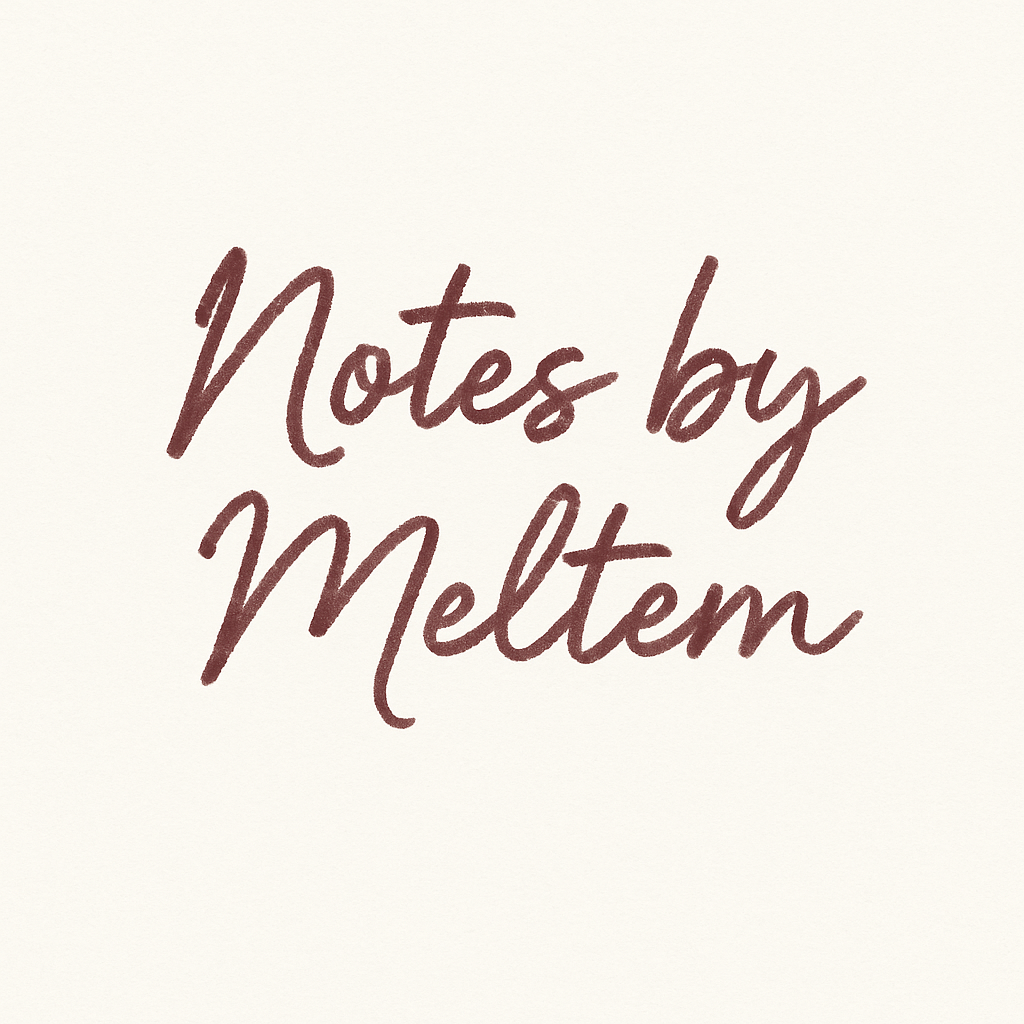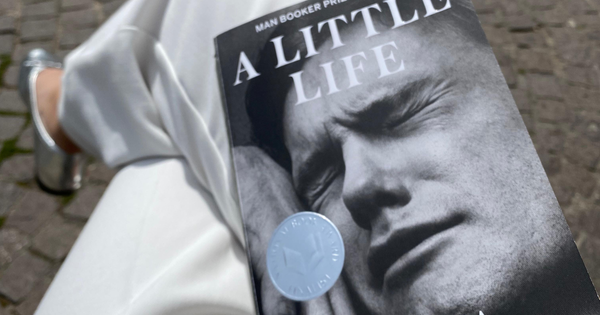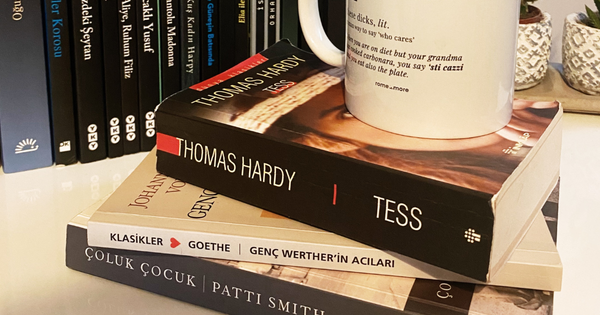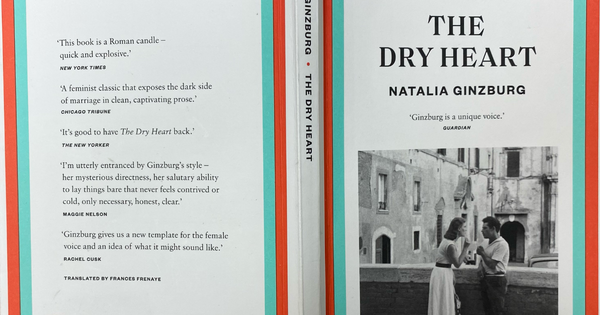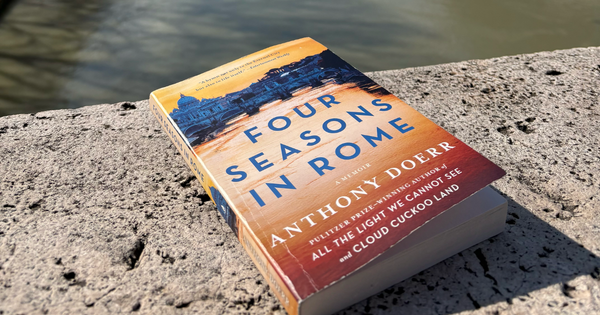Love, Loneliness, and Insects: My Review on Two Contrasting Books
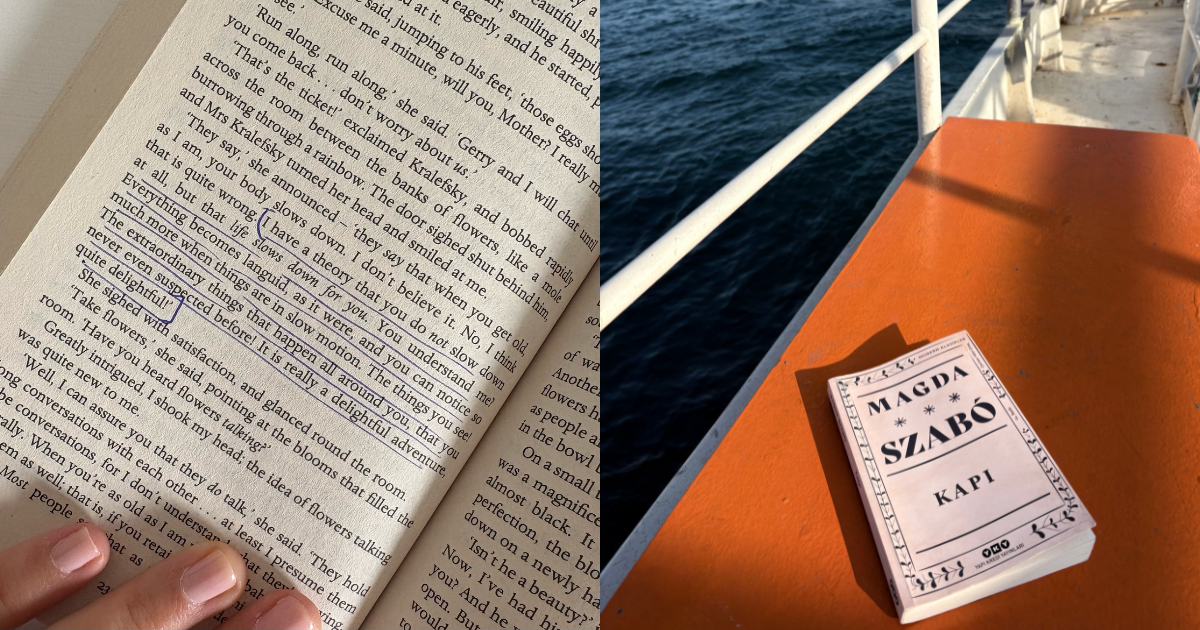
It was a period when I was reading lots of Turkish history and political books, driven by the events unfolding in Turkey — watching how we are losing our rights and democracy under the rule of an increasingly autocratic leader. During that time, my fiction books were left untouched. But recently, I’ve reunited with my sweet escapes, diving back into stories that offer both refuge and reflection.
With the first book, I found myself longing to escape to beautiful Corfu — maybe for a Greek summer or a September getaway, I’m not sure yet. Then came my favorite, Magda Szabó’s The Door. Honestly, at this point, Netflix, find me — I’ll tell you exactly which books deserve to be turned into movie series. Discover Magda ASAP!
My Family and Other Animals by Gerald Durrell
I did my best to fall in love with My Family and Other Animals, and as Linkin Park sings: “I TRIED SO HARD…” But honestly, this book perfectly illustrates how much enjoyment someone gets from a book depends entirely on personal taste. Dear Lord… it’s just too verbose for me. Spending two or three pages describing an insect or animal isn’t what I’m looking for in a book. Instead, I would have loved more focus on the family dynamics. To be honest, I found myself laughing out loud at their peculiarities and interactions.
It’s a memoir by the great Gerald Durrell, based on his family’s time living in Corfu. The way he captures Corfu’s impact on a 10-year-old is beautifully written. At the start of my journey through this book, I found it captivating and thought, “This book is incredible! You have to read it!” I was literally recommending it to everyone… but as we got deeper into the animals’ lives, I have to admit I skipped some pages. I’m just not that into wildlife. Honestly, instead of the long, detailed descriptions of animals and insects, I would have preferred a deeper dive into the family members and their conversations. Each family member was funny at times, and their quirks had me laughing. But do I feel like I fully understand or know the details of their lives? Not really. I would have liked to know more about their wealth or at least have a clearer timeline of their time on Corfu.
Because, as much as I laughed at the family dynamics, let’s be honest — they felt a bit shallow. There was a certain naivety and lack of awareness in their perspectives. As a Turk, I have to admit I was a little offended when Margo started dating a Turkish guy, considering how each family member behaved.
Long story short, it could have been much better with a deeper exploration of the family members and more enriching conversations, rather than pages filled with unnecessary animal descriptions. While it had its moments of humor and charm, overall it felt more like a children’s storybook focused on wildlife than a semi-biography. Unfortunately, it didn’t hold my interest much, and I found it rather dull overall.
P.S. My mom adored it and has already started the second book of the trilogy, so maybe I’m just picky!
The Door by Magda Szabó
This is the second book I’ve read by Magda Szabó, and once again, she touched my heart, broke it, and hurt my soul — but not in a dramatic, over-the-top way. What I really appreciate about her writing is that she doesn’t fall into the trap of “drama porn” like A Little Life or some of those trashy TikTok-fueled books — I have to admit, I really disliked those (had to say it again, lol). Her stories and characters feel completely real. You could witness these stories if you looked closely or paid attention to the people around you.
The Door is mysterious, but not in the sense of a thriller or shocking twist mystery. You actually know how it ends from the very first page, but as the story unfolds, you gradually discover the complex relationship between two women: one who is likely based on our beloved author, and the other, the mysterious cleaning lady, Emerenc.
At first, I hated Emerenc because of how she treated Viola, the dog, who feels like a third character in the story for me.
Yet the more you read and get to know Emerenc, the more you realize how broken she must have felt over the years and through the many incidents that happened to her. She is simply lonely. She has been through a lot. Also, the book gives you a subtle taste of Hungary’s political and social situation during that time, and if you happen to know a bit about the geography and history, it helps you understand the story even better.
Emerenc has her own unique way of showing affection and forming attachments to both people and animals, and I really understand her. This book made me reflect on myself and the choices I’ve made in life. Yes, I do prefer being alone rather than dealing with people, and like Emerenc, I tend to reject religions and traditions. Seeing these similarities between us made me a little scared — I can’t deny that.
The first book of hers I read was Iza’s Ballad, and there, the main characters reminded me of my mother. This time, with The Door, I saw so many people from different parts of life, including myself. I think that’s the true power of Magda Szabó — you can’t help but get immersed in her stories, whether fully or just by recognizing the people from your own life within them.
I honestly don’t know if I will ever be able to forget her characters one day… I hardly think so. Also, the other character, the author, should not be seen as less impactful or important. The inner journey she undergoes thanks to her fascinating relationship with Emerenc brings profound changes in herself, and it’s a journey readers go on with her. But Emerenc… this strong, independent, demure woman, and the way she keeps her pain behind a door over the years…
I don’t want to write more because it would spoil an incredible reading journey for anyone who would love to read this book.
Oh, and the way Magda Szabó presents this story through such clean, elegant language is also her mastery.
Thank you, Magda Szabó, for everything — and for making me cry again and again.
